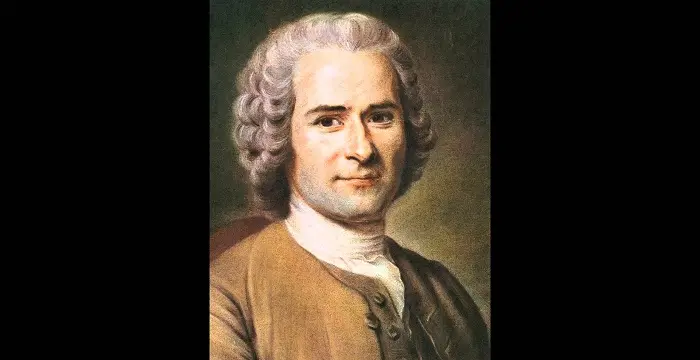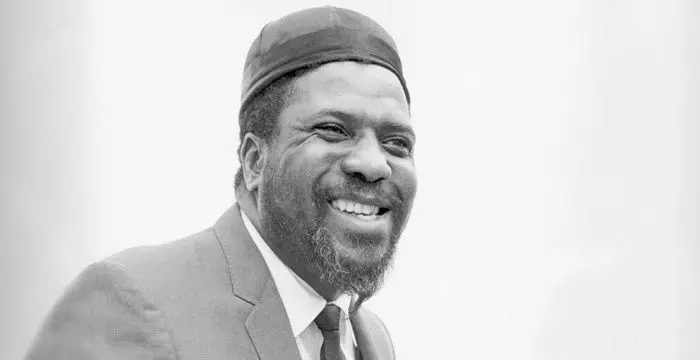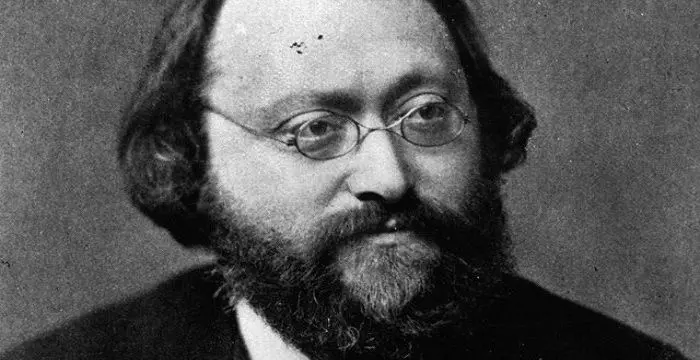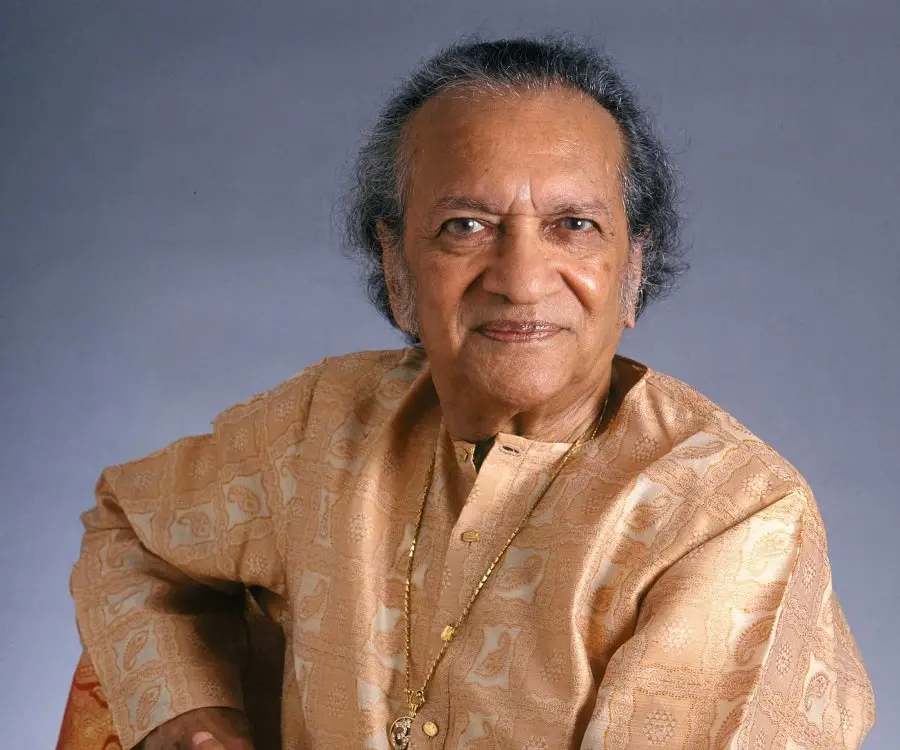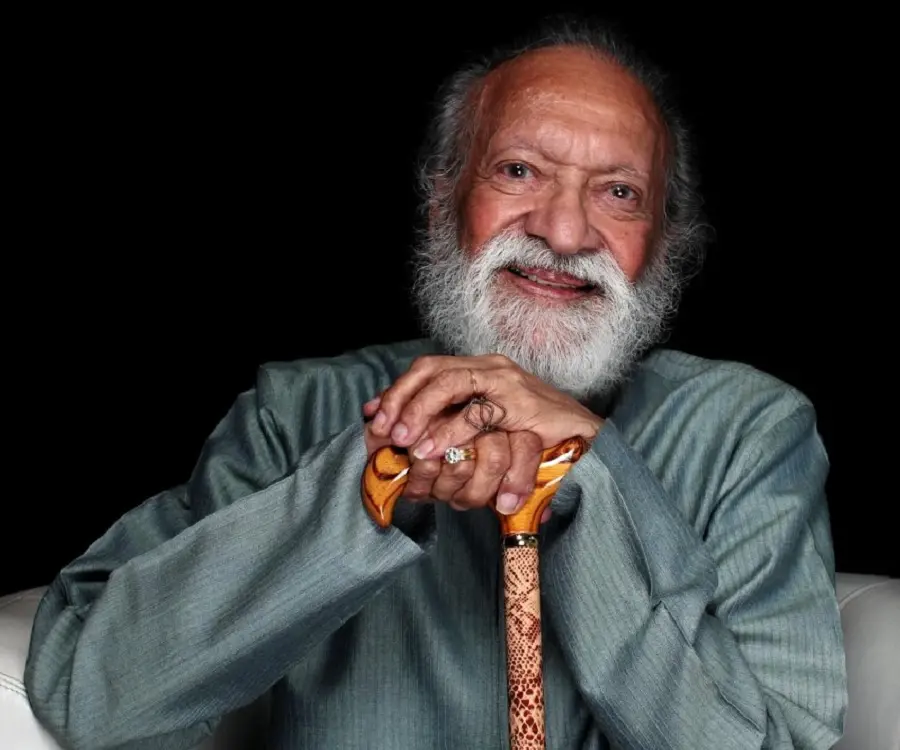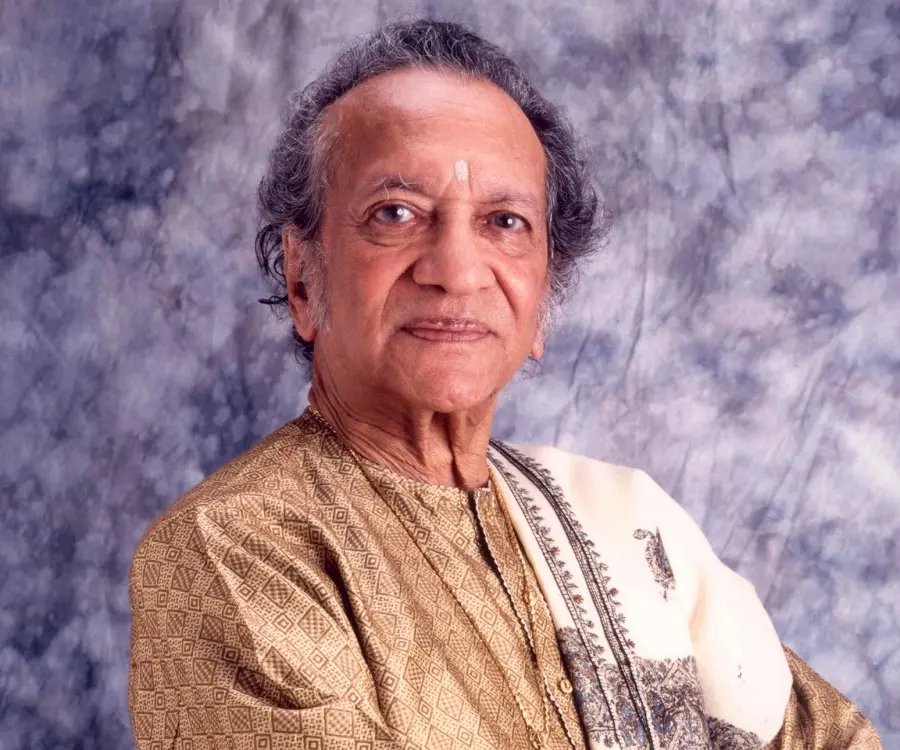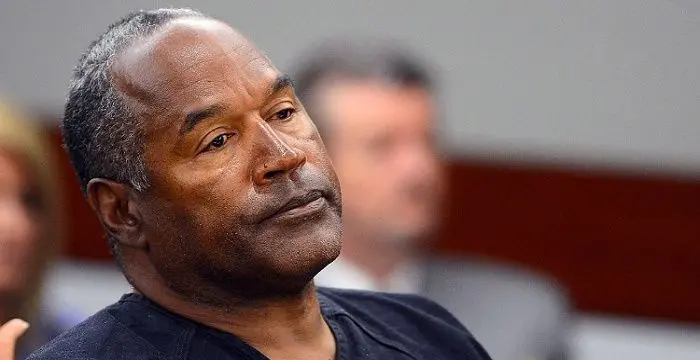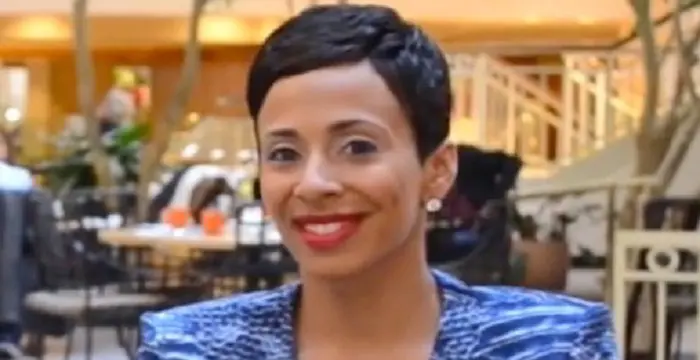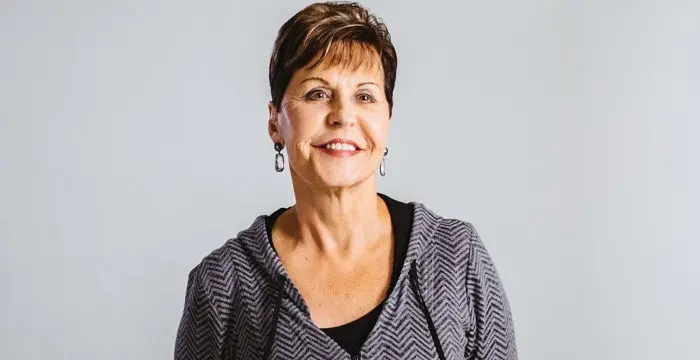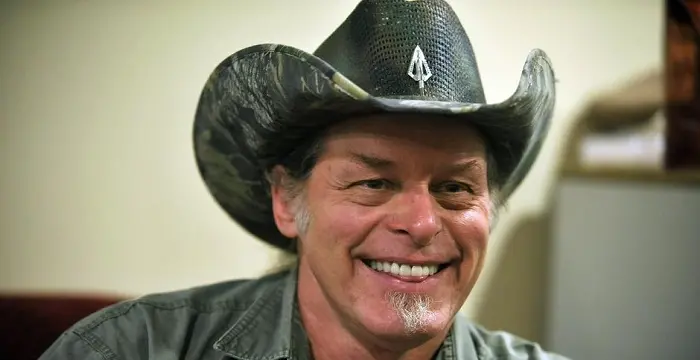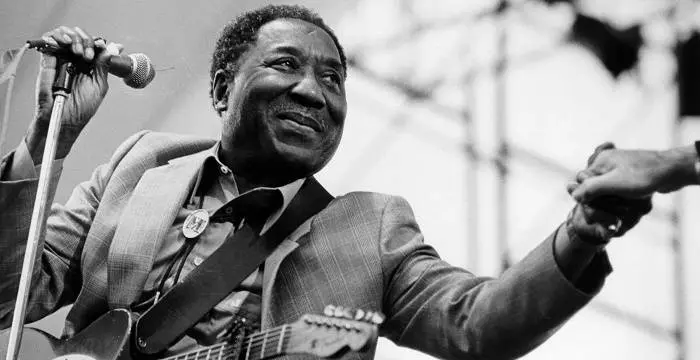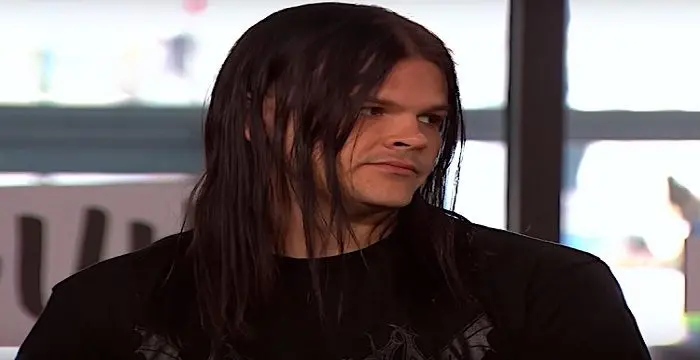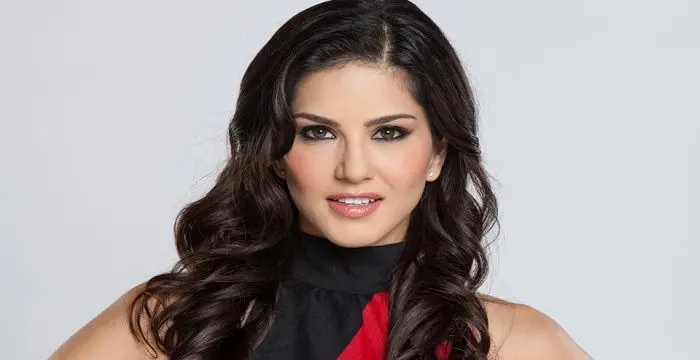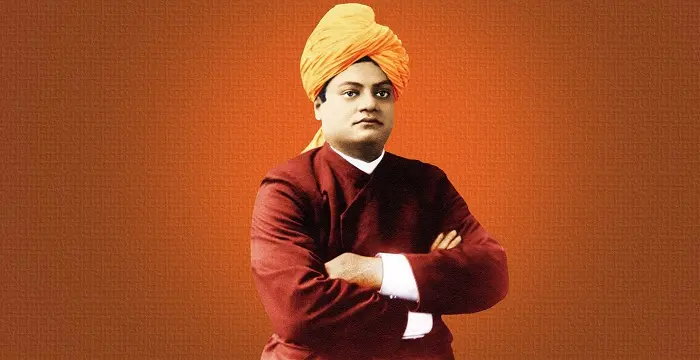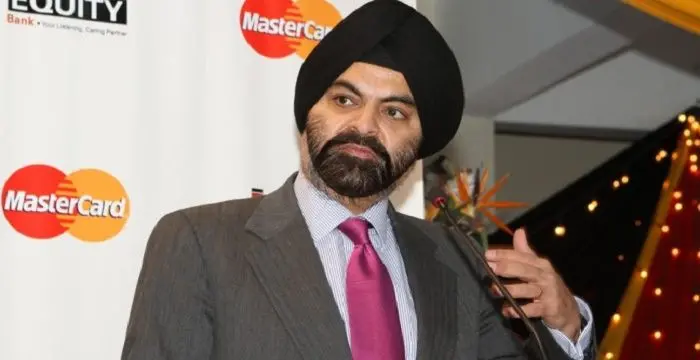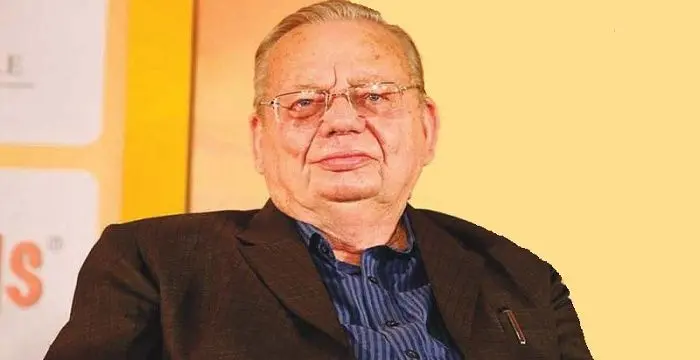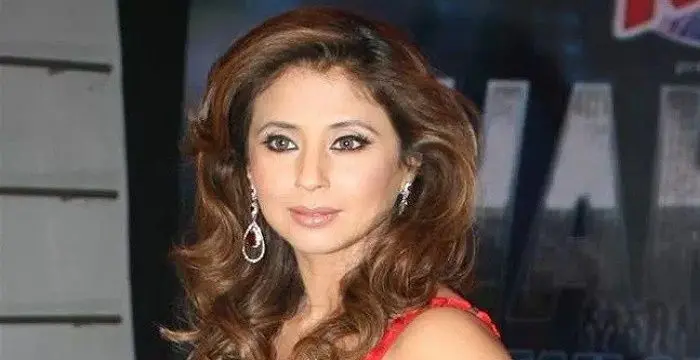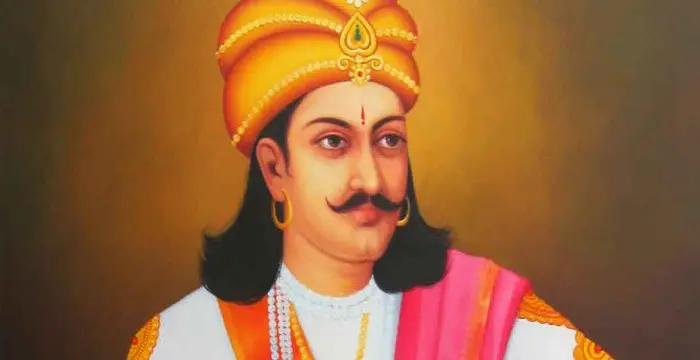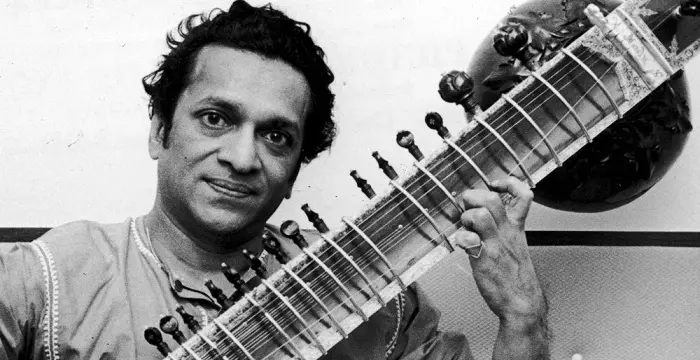
Ravi Shankar - Composers, Family and Childhood
Ravi Shankar's Personal Details
Ravi Shankar was one of the greatest music maestros from India who familiarized the West with the Indian classical music
| Information | Detail |
|---|---|
| Birthday | April 7, 1920 |
| Died on | December 11, 2012 |
| Nationality | Indian |
| Famous | Musicians, Miscellaneous, Composers |
| Spouses | Annapurna Devi (m. 1941–1961), Sukanya Rajan (m. 1989–2012) |
| Siblings | Uday Shankar |
| Childrens | Anoushka Shankar |
| Birth Place | Varanasi, United Provinces, British Raj |
| Gender | Male |
| Father | Shyam Shankar |
| Mother | Hemangini Devi |
| Sun Sign | Aries |
| Born in | Varanasi, United Provinces, British Raj |
| Famous as | Musician, composer |
| Died at Age | 92 |
// Famous Composers
Jean-Jacques Rousseau
Jean-Jacques Rousseau was a noted Swiss-born philosopher, writer and composer. Check out this biography to know about his childhood, family life, achievements and other facts about his life.
Thelonious Monk
Thelonious Monk was an American jazz artist, pianist and composer, who is considered as one of the pioneers of the American jazz music. This biography provides detailed information on his childhood, life, music career, achievements and timeline.
Max Bruch
A German romantic composer and conductor, Max Bruch is notably famous for his violin concertos that feature among his 200 plus works! Read this captivating biography to know about his profile, childhood, life and timeline.
Ravi Shankar's photo
Who is Ravi Shankar?
Often hailed as the godfather of world music and ambassador of Indian music all across the globe, Pandit Ravi Shankar is one of the most prolific and influential music maestros of the 20th century. Bestowed with innumerable awards and honors, he served as the sole stream conjoining eastern and western musical styles all through his life. A boy from the banks of Ganges, he was heralded as a musical enchanter who enthralled his audience through the sheer brilliance of his unique style and compositions. It was divine providence that drew him to the world of music and he went on to receive extensive training from some of the finest music masters of his era which polished his prodigious endowments. He, a magnificent performer, a devoted teacher and a majestic composer, was, beyond the whiff of dubiety, the most influential messenger of Indian music all around the world. Pandit Shankar was revered for his musical acumen and is credited with fusing elements of western and Indian classical euphony, thus promulgating a new era in the world of music. The recipient of the highest civilian award in India, Bharat Ratna, his life has always been an immense source of inspiration for budding musicians throughout the world. Scroll down and acquaint yourself with all the aspects of Pt. Ravi Shankar’s illustrious life.
// Famous Miscellaneous
Jason Simpson
Jason Simpson is the son of former NFL running back, broadcaster and actor O. J. Simpson. Check out this biography to know about his childhood, family, life, and little known facts about him.
Melissa Brim
Melissa Brim is the ex-girlfriend of former professional boxer Floyd Mayweather Jr. Check out this biography to know about her birthday, childhood, family life, achievements and fun facts about her.
Joyce Meyer
Joyce Meyer is a Christian author and speaker. This biography provides detailed information about her childhood, life, achievements, works & timeline
Early Years
Born in the city of Varanasi as Robindro Shankar Chowdhury, Pandit Ravi Shankar was the son of Shyam Shankar, a Middle Temple barrister and Sanskrit scholar, and Hemangini Devi. His father was a lawyer in England where he got married for a second time and saw his son only after he turned eight.
He visited Paris at the age of ten with his brother Uday Shankar and his dance group, ‘Compagnie de Danse et Musique Hindou’, and, within a few years, became a member of the group. During his association with this group, he mastered the art of dancing and also started playing several musical instruments with great finesse.
While touring all across Europe and America with his brother through the 1930s, he started imbibing elements of western music which he later incorporated in his fusion compositions.
Around this time, under the tutelage of Allauddin Khan, a prominent musician of that era who joined the group as a soloist, Ravi Shankar started to flourish as a musician. Later, on Khan’s insistence, he abandoned his brother’s group and joined him in Maihar (Madhya Pradesh, India) in 1938.
Training & Career In India
After moving to Maihar, he steeped himself solely into music and attained a great degree of virtuosity in Indian musical instruments, including sitar and surbahar. Here, he also received extensive training in ragas and Indian classical music styles including dhrupad, dhamar and khyal.
He performed publicly for the first time in 1939 in a Jugalbandi (duet) with Ali Akbar Khan and received great applause from the audience.
By 1944, his training under Allauddin Khan was over and he went to Mumbai seeking employment. Here, he started working at ‘Indian People's Theatre Association’ as a composer of music for ballet.
He also started recording for HMV India and joined the All India Radio as a music director, where he served from 1949 to 1956. Around this time, his composition for Satyajit Ray’s movie, ‘Appu Trilogy’, earned him great International accolades.
International Career
Internationally acclaimed violinist, Yehudi Menuhin asked Ravi Shankar to perform Indian classical music in New York City in 1955. However, owing to his personal problems, Pandit Shankar had to decline the offer.
Ali Akbar Khan performed in his stead and received immense applause from all quarters, which influenced Ravi Shankar to resign from AIR in 1956 and go on a musical tour to United Kingdom, Germany and USA.
While in London, he recorded his first LP album ‘Three Ragas’ in 1956 and, a couple of years, he was invited to perform at the tenth anniversary celebrations of the United Nations and UNESCO music festival in Paris.
1961 onwards he toured Europe, USA and Australia and—now known worldwide for his extraordinary musical acumen—was offered several opportunities to compose music for non-Indian films, the first Indian to do so. A year later, he established his Kinnara School of Music in Mumbai.
He was invited to perform at the Monterey Pop Festival in 1967, the year he bagged a Grammy Award for Best Chamber Music Performance for West Meets East, in collaboration with Yehudi Menuhin. This year, his Kinnara School of Music went international and its first overseas branch was opened in Los Angeles, California.
He also taught music at the City College of New York, the University of California and Los Angeles and served as a guest lecturer in many other universities. In late 1970, he was appointed as the chair of the Department of Indian Music in the California Institute of the Arts. The same year, he also composed a concerto with sitar for the London Symphony Orchestra.
Amidst declining interest in Indian music during the early 1970s, he performed at the charity event, The Concert for Bangladesh, in August 1971. This concert album went to become a smash hit all around the globe and earned Ravi Shankar his second Grammy Award.
During the 1970s, he collaborated with George Harrison of ‘The Beatles’ and recorded ‘Shankar Family & Friends’ in 1973. He toured Europe again, with ‘Music Festival from India’, an Indian classical music revue and, a year later, visited North America where he didn’t receive very inspiring response.
Amidst overburdened schedules, his health started to decline and he suffered a stroke in 1974 while visiting the city of Chicago. However, after recovering he continued touring and teaching throughout the 70s and 80s.
After releasing his second concerto in 1981, he went on to compose music for the Hollywood movie ‘Gandhi’ and received an Academy Award nomination for Best Original Music Score.
He also composed a dance drama in 1989 titled ‘Ghanashyam’ and, a year later, released the album ‘Passage’ in collaboration with Philip Glass.
During the late 1990s, he kept performing in concerts and, in 1997, was appointed as the Regent's Lecturer at University of California, San Diego.
This eminent musical maestro performed for the last time in a concert on 4 November 2012 at the Terrace Theater in Long Beach, California with his daughter Anoushka.
Major Works
'Concerto for Sitar and Orchestra' was one of his most brilliant works which he composed in 1970 after being invited by the London Symphony Orchestra. In this concert conducted by Andr� Previn, Ravi Shankar played the sitar.
He composed music for the 1982 Hollywood movie ‘Gandhi’, for which he received an Academy Award nomination.
Apart from the above mentioned works, ‘Concert for Bangladesh’, ‘West Meets East’, ‘Full Circle: Carnegie Hall 2000’ are three of his most acclaimed albums.
Awards & Achievements
He won the Silver Bear Extraordinary Prize of the Jury at the 1957 Berlin International Film Festival for composing the music for the movie ‘Kabuliwala’.
This musical maestro won four Grammy Awards, receiving the first one in 1967 for Best Chamber Music Performance for ‘West Meets East’; the second one in 1972 for ‘The Concert for Bangladesh’; the third one in 2000 for Best World Music Album for ‘Full Circle — Carnegie Hall 2000’ and was also awarded the ‘Lifetime Achievement Grammy Award’ posthumously in 2013.
He was made an honorary Knight Commander of the Order of the British Empire by Queen Elizabeth II for his ‘services to music’ in 2001.
For his extraordinary contribution to music, he was also awarded the highest civilian honor of France i.e. ‘Knight of the Legion of Honor’.
Personal Life & Legacy
He got married to his mentor Allauddin Khan's daughter, Annapurna Devi, in 1941. The couple had a son, Shubhendra Shankar, in 1942 and they got separated during the 1940s. He later had an affair with Kamala Shastri, a dancer.
He also had a relationship with Sue Jones, a New York concert producer, with whom he had a daughter, Norah, in 1979.
His second daughter Anoushka was born in 1981 with Sukanya Rajan. The couple got married in 1989.
His elder daughter Norah has been the recipient of nine Grammy Awards while Anoushka, the younger one, has been nominated twice for the same.
On 6 December 2012, after experiencing severe breathing problems, he was admitted to Scripps Memorial Hospital in La Jolla, San Diego, California. He left for the heavenly abode after a few days.
He is credited with popularizing the jugalbandi duet concert style and introduced several new ragas such as Tilak Shyam, Nat Bhairav and Bairagi.
In 1968, his first autobiography, ‘My Music, My Life’, was released and few years later wrote a second autobiography, ‘Raga Mala’.
In 2002, his daughter Anoushka also published a book about her father, ‘Bapi: Love of My Life’.
Trivia
He recomposed the music for one of the most popular Indian patriotic songs, "Sare Jahan Se Achcha".
After the assassination of Mahatma Gandhi, Ravi Shankar, who was then working in All India Radio, played mournful music on the radio. From the name Gandhi, he derived three ‘sargam’ notes, “Ga” (third), “Ni” (seventh) and “Dha” (sixth)—and came up with an ingenious melodic theme.
Born in a Hindu Brahmin family, he was a lifelong vegetarian.
// Famous Musicians
Ted Nugent
Ted Nugent is a hard rock musician known for his hits ‘Stranglehold’ and ‘Cat Scratch Fever’. This biography of Ted Nugent provides detailed information about his childhood, life, achievements, works & timeline.
Muddy Waters
Muddy Waters was a blues musician referred to as the 'father of modern Chicago blues.' Check out this biography to know about his childhood, family life, achievements and fun facts about him.
Travis Bacon
Travis Bacon is an American musician and actor, better known as the son of veteran actors Kevin Bacon and Kyra Sedgwick. Find more about his family, birthday, etc.
Ravi Shankar biography timelines
- // 1930He visited Paris at the age of ten with his brother Uday Shankar and his dance group, ‘Compagnie de Danse et Musique Hindou’, and, within a few years, became a member of the group. During his association with this group, he mastered the art of dancing and also started playing several musical instruments with great finesse.
- // 1938Around this time, under the tutelage of Allauddin Khan, a prominent musician of that era who joined the group as a soloist, Ravi Shankar started to flourish as a musician. Later, on Khan’s insistence, he abandoned his brother’s group and joined him in Maihar (Madhya Pradesh, India) in 1938.
- // 1939He performed publicly for the first time in 1939 in a Jugalbandi (duet) with Ali Akbar Khan and received great applause from the audience.
- // 1941He got married to his mentor Allauddin Khan's daughter, Annapurna Devi, in 1941. The couple had a son, Shubhendra Shankar, in 1942 and they got separated during the 1940s. He later had an affair with Kamala Shastri, a dancer.
- // 1944By 1944, his training under Allauddin Khan was over and he went to Mumbai seeking employment. Here, he started working at ‘Indian People's Theatre Association’ as a composer of music for ballet.
- // 1949 To 1956He also started recording for HMV India and joined the All India Radio as a music director, where he served from 1949 to 1956. Around this time, his composition for Satyajit Ray’s movie, ‘Appu Trilogy’, earned him great International accolades.
- // 1956Ali Akbar Khan performed in his stead and received immense applause from all quarters, which influenced Ravi Shankar to resign from AIR in 1956 and go on a musical tour to United Kingdom, Germany and USA.
- // 1956While in London, he recorded his first LP album ‘Three Ragas’ in 1956 and, a couple of years, he was invited to perform at the tenth anniversary celebrations of the United Nations and UNESCO music festival in Paris.
- // 1957He won the Silver Bear Extraordinary Prize of the Jury at the 1957 Berlin International Film Festival for composing the music for the movie ‘Kabuliwala’.
- // 19611961 onwards he toured Europe, USA and Australia and—now known worldwide for his extraordinary musical acumen—was offered several opportunities to compose music for non-Indian films, the first Indian to do so. A year later, he established his Kinnara School of Music in Mumbai.
- // 1967He was invited to perform at the Monterey Pop Festival in 1967, the year he bagged a Grammy Award for Best Chamber Music Performance for West Meets East, in collaboration with Yehudi Menuhin. This year, his Kinnara School of Music went international and its first overseas branch was opened in Los Angeles, California.
- // 1968In 1968, his first autobiography, ‘My Music, My Life’, was released and few years later wrote a second autobiography, ‘Raga Mala’.
- // 1970He also taught music at the City College of New York, the University of California and Los Angeles and served as a guest lecturer in many other universities. In late 1970, he was appointed as the chair of the Department of Indian Music in the California Institute of the Arts. The same year, he also composed a concerto with sitar for the London Symphony Orchestra.
- // 1970'Concerto for Sitar and Orchestra' was one of his most brilliant works which he composed in 1970 after being invited by the London Symphony Orchestra. In this concert conducted by Andr� Previn, Ravi Shankar played the sitar.
- // 1971Amidst declining interest in Indian music during the early 1970s, he performed at the charity event, The Concert for Bangladesh, in August 1971. This concert album went to become a smash hit all around the globe and earned Ravi Shankar his second Grammy Award.
- // 1973During the 1970s, he collaborated with George Harrison of ‘The Beatles’ and recorded ‘Shankar Family & Friends’ in 1973. He toured Europe again, with ‘Music Festival from India’, an Indian classical music revue and, a year later, visited North America where he didn’t receive very inspiring response.
- // 1974Amidst overburdened schedules, his health started to decline and he suffered a stroke in 1974 while visiting the city of Chicago. However, after recovering he continued touring and teaching throughout the 70s and 80s.
- // 1979He also had a relationship with Sue Jones, a New York concert producer, with whom he had a daughter, Norah, in 1979.
- // 1981After releasing his second concerto in 1981, he went on to compose music for the Hollywood movie ‘Gandhi’ and received an Academy Award nomination for Best Original Music Score.
- // 1981His second daughter Anoushka was born in 1981 with Sukanya Rajan. The couple got married in 1989.
- // 1982He composed music for the 1982 Hollywood movie ‘Gandhi’, for which he received an Academy Award nomination.
- // 1989He also composed a dance drama in 1989 titled ‘Ghanashyam’ and, a year later, released the album ‘Passage’ in collaboration with Philip Glass.
- // 1997During the late 1990s, he kept performing in concerts and, in 1997, was appointed as the Regent's Lecturer at University of California, San Diego.
- // 2001He was made an honorary Knight Commander of the Order of the British Empire by Queen Elizabeth II for his ‘services to music’ in 2001.
- // 2002In 2002, his daughter Anoushka also published a book about her father, ‘Bapi: Love of My Life’.
- // 4th Nov 2012This eminent musical maestro performed for the last time in a concert on 4 November 2012 at the Terrace Theater in Long Beach, California with his daughter Anoushka.
- // 6th Dec 2012On 6 December 2012, after experiencing severe breathing problems, he was admitted to Scripps Memorial Hospital in La Jolla, San Diego, California. He left for the heavenly abode after a few days.
// Famous Indian peoples
Sunny Leone
Sunny Leone is an actress and model. Check out this biography to know about her birthday, childhood, family life, achievements and fun facts about her.
Swami Vivekananda
Swami Vivekananda was the chief disciple of Sri Ramakrishna, and was responsible for awakening India spiritually. Check this biography to know in detail about his life, profile and timeline.
Ajaypal Banga
Ajaypal Banga is an Indian-American business executive who is the CEO of MasterCard. Check out this biography to know about his childhood, family life, achievements and fun facts about him.
Ruskin Bond
Ruskin Bond is an award winning Indian author of British descent. This biography of Ruskin Bond provides detailed information about his childhood, life, achievements, works & timeline.
Urmila Matondkar
Urmila Matondkar is an Indian film actress known for her films like ‘Rangeela’ and ‘Satya.’ Check out this biography to know about her childhood, family life, achievements and fun facts about her.
Ashoka
Ashoka was the third emperor of the Mauryan Dynasty and ruled almost the entire Indian subcontinent. This biography profiles his childhood, life, reign, achievements and timeline
Ravi Shankar's FAQ
What is Ravi Shankar birthday?
Ravi Shankar was born at 1920-04-07
When was Ravi Shankar died?
Ravi Shankar was died at 2012-12-11
Where was Ravi Shankar died?
Ravi Shankar was died in San Diego, California, United States
Which age was Ravi Shankar died?
Ravi Shankar was died at age 92
Where is Ravi Shankar's birth place?
Ravi Shankar was born in Varanasi, United Provinces, British Raj
What is Ravi Shankar nationalities?
Ravi Shankar's nationalities is Indian
Who is Ravi Shankar spouses?
Ravi Shankar's spouses is Annapurna Devi (m. 1941–1961), Sukanya Rajan (m. 1989–2012)
Who is Ravi Shankar siblings?
Ravi Shankar's siblings is Uday Shankar
Who is Ravi Shankar childrens?
Ravi Shankar's childrens is Anoushka Shankar
Who is Ravi Shankar's father?
Ravi Shankar's father is Shyam Shankar
Who is Ravi Shankar's mother?
Ravi Shankar's mother is Hemangini Devi
What is Ravi Shankar's sun sign?
Ravi Shankar is Aries
How famous is Ravi Shankar?
Ravi Shankar is famouse as Musician, composer
